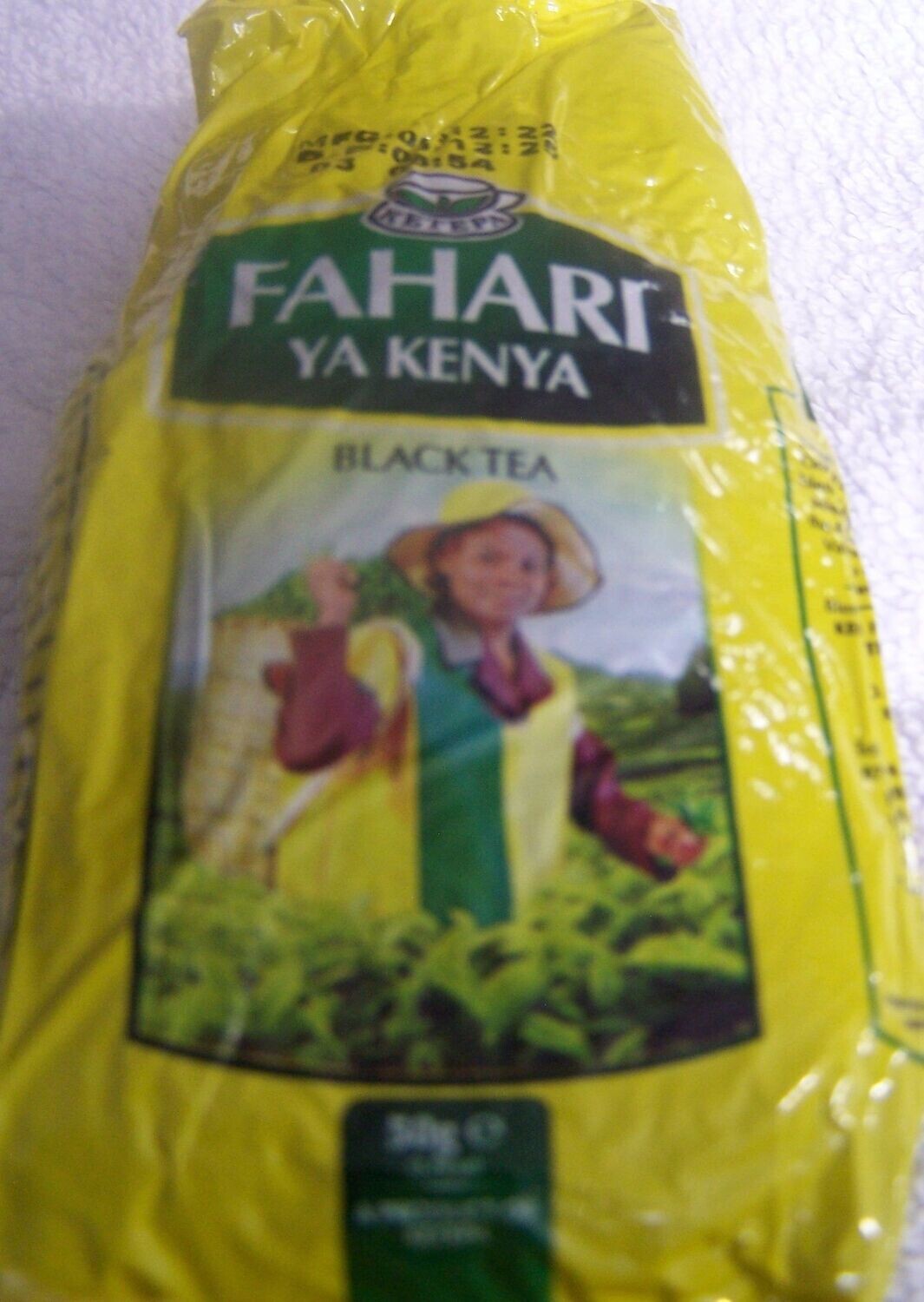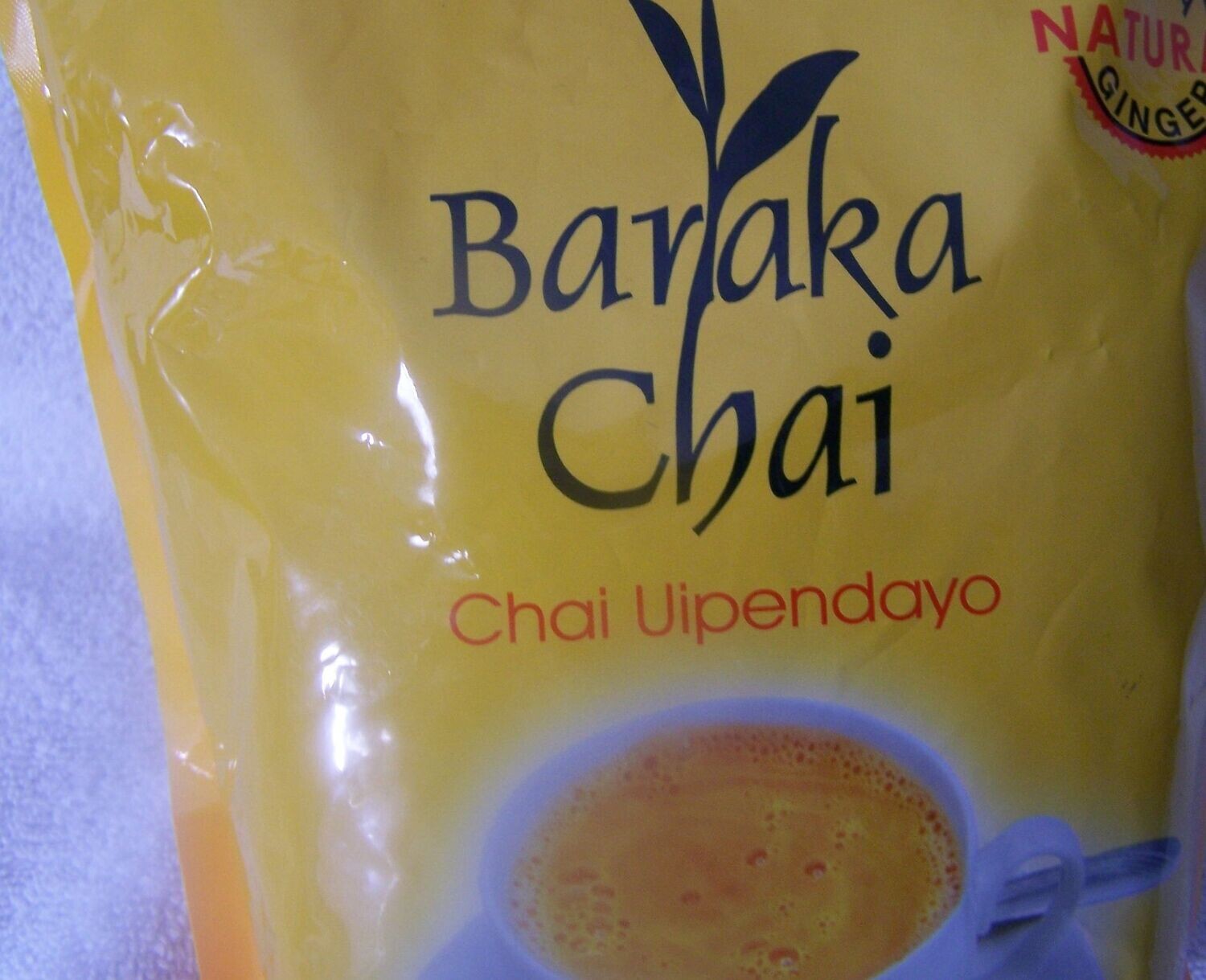call us : (603) 521-7180
-
Tenzi za Rohoni
Button -
The Lions Children's Bible
Button -
Uvoro Mwaro Kuri Andu Onthe: Embu Bible
Button -
Mitha Mugikuyu na Nyimbo Ciake
Button -
Biblia: Swahili Bible
Button -
Pipilia: Pokoot Bible
Button -
Iuku Ria Murungu: Meru Bible
Button -
Ibuku Ria Thara
Button -
Ibuku Ria Mahoya
Button -
Nyimbo Njeru cia Mitha Mugikuyu
Button -
Nyimbo Cia Kuguna Maroho
Button -
Nyimbo Standard
Button -
Nyimbo Cia Guchanjamura Ngoro
Button -
Sifuni Bwana
Button -
Mbivilia: Kaamba Bible
Button -
Wende Injili
Button -
Biblia Sinyati: Maasai Bible
Button -
Fahari ya Kenya - Black Tea
Button -
Eden Tea: The Finest Garden Tea
Button -
Melvins Pure Kenya Chai: Black Tea
Button -
Nyimbo za Injili
Button -
A Standard English Swahili Dictionary
Button -
A Standard Swahili English Dictionary
Button -
Sehemu za Biblia Kwa watoto
Button -
Swahili English Bible: New Testament
Button -
50g Dormans Supreme Granulated Instant Coffee
Button -
50g Kenya Highlands Pure Instant Coffee
Button -
50g Sasini Instant Coffee
Button
Categories
Categories
Lubukusu Language, Customs and Traditions
The Bukusu people( Bukusu : Babukusu ) are one of the 17 Kenyan tribes of the Luhya Bantu people of East Africa residing mainly in the counties of Bungoma and Trans Nzoia. They are the largest tribe of the Luhya nation, with 1,188,963 identifying as Bukusu in the 2019 Kenyan census. They speak the Bukusu dialect.
The Bukusu myths of origin state that the first man, Mwambu (the discoverer or inventor), was made from mud by Wele Khakaba (meaning God the Creator) at a place called Mumbo (which translates to 'west'). God then created a woman known as Sela to be his wife. Mwambu and his descendants moved out of Mumbo and settled on the foothills of Mount Elgon (known to them as Masaba), from where their descendants grew to form the current Bukusu population.
Anthropologists believe that the Bukusu did not become distinct from the rest of the Luhya population until the late 18th century at the very earliest. They moved into Central Uganda as part of a much larger group of people, many forming the eastern extension of the great Bantu migration out of central Africa. (See Origins of the Luhya.) The Bukusu clan includes a subdivision called ekholo. This subdivision includes the Baala, Bakibeti, the Bakibumbi, the Batilu, the Bameme, Baloncha, Bayundo, Bakimweyi, Bakongolo, Babhichachi, the Baengele, the Batukuika, the Batecho, the Bachemwile, the Bakoi, the Basekese, the Balunda, the Babulo, the Bakhoma, the Balukulu, the Basefu, the Babhuya, and the Basonge.
Search here
Your Cart Content
-
Melvins Masala Chai 250g
SKU 6161102040753$19.95Buy Now -
Melvins Tangawizi Chai 250g
SKU 6161102040210$34.95Buy Now -
Melvins Pure Kenya Chai - Black Tea 250g
SKU 6161102040883$14.95Buy Now -
Eden Tea - The Finest Garden Tea 500g
SKU 6161102750003$39.95Buy Now -
Eden Tea - The Finest Garden Tea 250g
SKU 6161102750027$19.95Buy Now -
FAHARI YA KENYA - BLACK TEA 250g
SKU 600-962-97-200-03$12.45Buy Now -
FAHARI YA KENYA - BLACK TEA 500G
SKU 6009629720003$24.95Buy Now -
FAHARI YA KENYA - BLACK TEA 100g
SKU 6009629720065$9.95Buy Now -
FAHARI YA KENYA - BLACK TEA 50g
SKU 6009629720072$7.95Buy Now -
FAHARI YA KENYA - MASALA TEA 250g
SKU 6161100931305$19.95Buy Now -
FAHARI YA KENYA - MASALA TEA 100g
SKU 6161100931299$12.95Buy Now -
FAHARI YA KENYA - TANGAWIZI TEA 100g
SKU 61611009303384$12.95Buy Now -
Melvins Pure Kenya Chai - Black Tea Plus Free Tangawizi Sample 500g
SKU 6161102041156$29.95Buy Now -
Sasini Gold Tea 500g
SKU 6164000767128$39.95Buy Now -
Baraka Chai Tangawizi (Ginger Tea) 500g
SKU 6161101860369$29.95Buy Now -
KETEPA PRIDE BLACK TEA; KENYA'S FINEST TEA BAGS 100 TEA BAGS
SKU 6009629720164$14.95Buy Now -
Kericho Gold Pure Kenya Tea 100 Refreshing Tea Bags
SKU 6161101860079$14.95Buy Now -
Baraka Chai Tangawizi (Ginger Tea) 100g
SKU 6161101860383$7.95Buy Now





























































